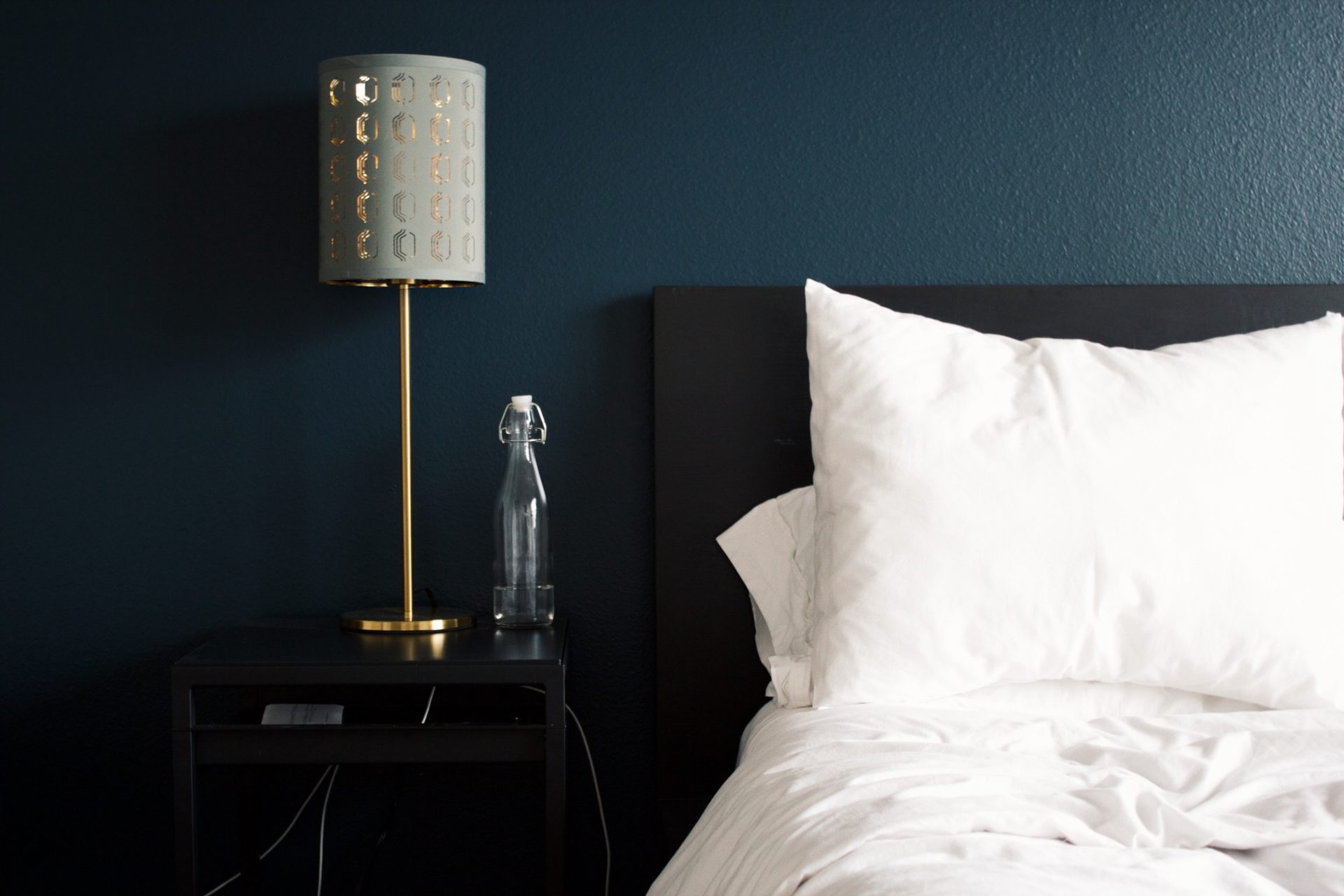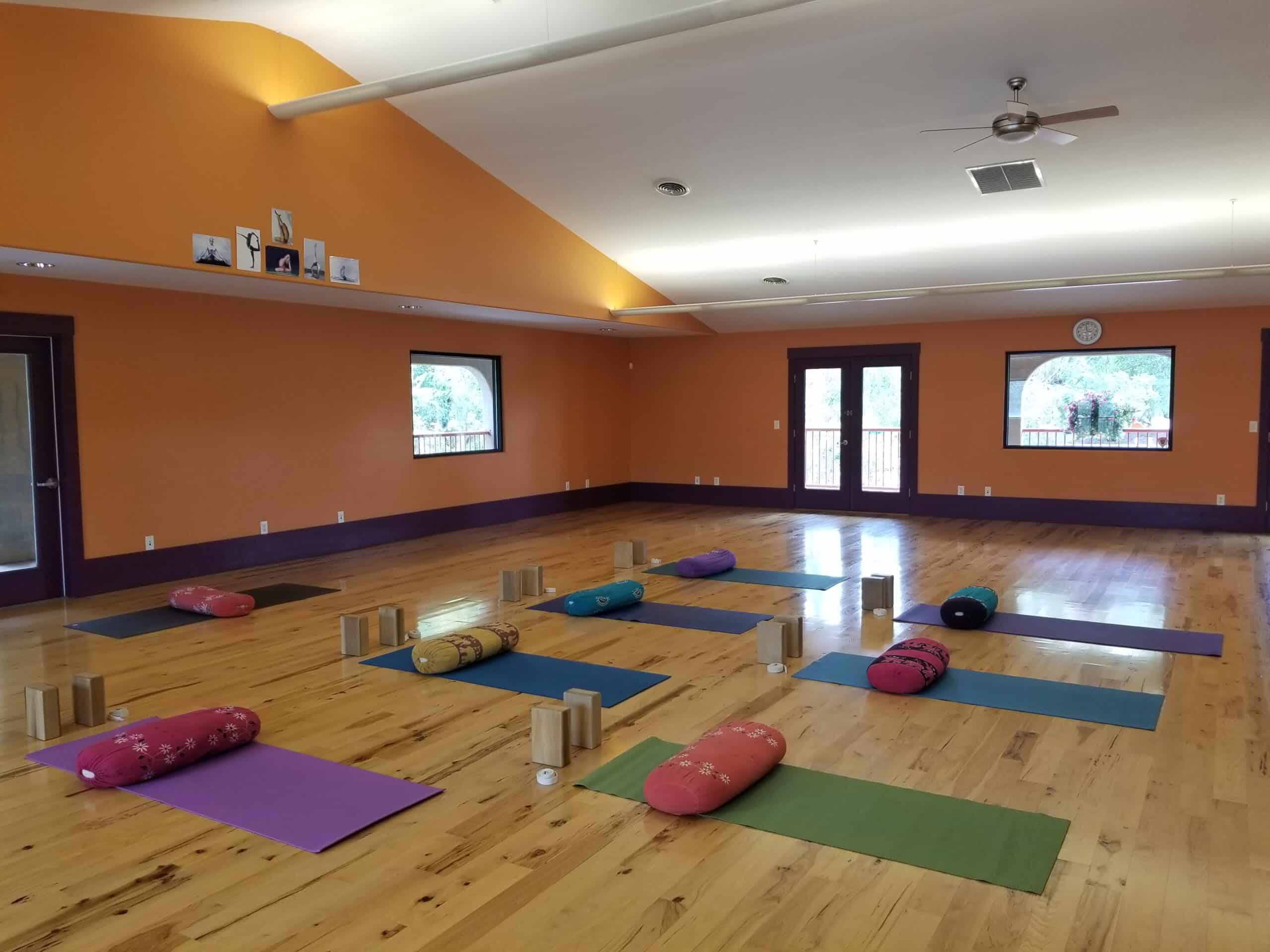5 Nighttime Routines To Improve Your Mental Health | By Kay Carter
According to the National Institute of Mental Health, one out of every five Americans suffers from some type of mental illness. While mental illness can range from mild to severe, there are a variety of ways you can address and improve your mental health on a day-to-day basis. To start, do as much as possible for your mental wellbeing during the day. If you’re simply too busy during waking hours, there are some things you can do to improve your mental health at night. Along with basic relaxation techniques, here are five nighttime routines for improving overall mental health.
-
Do Something For Yourself Each Night
Whether you decide to take a nice, long bubble bath or choose to get some creative juices flowing by writing, painting or puzzling, make it a priority to do something you love every night. By engaging in an activity that brings you joy, you can reduce the stress and anxiety that’s built up over the day. Additionally, doing an activity that requires some attention fosters more mindfulness and causes you to slow down and be in the moment. Get into the routine of doing this every night and you’ll find yourself not worried about the stresses of the day.
-
End Your Day With Meditation
Mediationand exercise, like yoga or Pilates, can help release some of the tension in your body and help you get back a sense of balance. Not only can meditation help reduce stress, but it can also control anxiety, promote emotional health, enhance self-awareness and help fight addictions. Even 15 to 20 minutes of deep breathing or light exercise can help you get into a peaceful mental state for sleep.
Even 15 to 20 minutes of deep breathing or light exercise can help you get into a peaceful mental state for sleep.
-
Unwind With a Good Read
A good book can be just the right thing to relax the mind and is a way better option than picking up your phone or watching TV right before bed. The blue lightgiven off from these screens can actually hurt sleep quality and impact your ability to fall asleep. Instead, pick up a novel, your favorite magazine or a poetry book. Avoid any thrillers you can’t put down until you know what happens next. A good motivational book is a better choice.
-
Take a Break From Your Phone
While it’s challenging to detach from your phone, computer or tablet, it can help in managing time, keeping up with schedules and allowing yourself to relax properly. The last thing you want to see at night is a sad image or disturbing news story on one of your social media feeds. And the “rabbit hole” of information you can start to go down can easily eat into your sleep time. Set a time after which the devices go to sleep as well (two hours before bed is probably best) and if possible, don’t take any devices to bed with you.
-
Value Your Comfort
Nobody wants to go to sleep in a disheveled or uncomfortable environment. Having a peaceful and comfortable space can help facilitate better sleep and reduce some stress you might be feeling before going to bed. Make sure the temperature in your bedroom is set at a cool temperature (anywhere between 60 and 67 degrees is optimal), invest in a quality mattress, make sure there aren’t any noises or external stimulithat could be impacting your sleep and declutter as much as possible. Pick up clothes off the floor, remove bills or work from the space and throw away any trash that’s built up over time.
By following these few suggestions, you’ll be well on your way to getting rest in a conducive sleep environment.
Photo by Rhema Kallianpur via Unsplash.
 Kay Carter is a writer from Raleigh, NC. When she isn’t writing about health or the latest wellness trend, she enjoys reading, traveling, and practicing yoga.
Kay Carter is a writer from Raleigh, NC. When she isn’t writing about health or the latest wellness trend, she enjoys reading, traveling, and practicing yoga.Naturally caffeine-free and filled with adaptogens superfoods, the Turmeric Milk Mix will nourish your whole self. It [...]

Subscribe to Our Tribe
Stay up to date with Y+L News, Events and special announcements.










